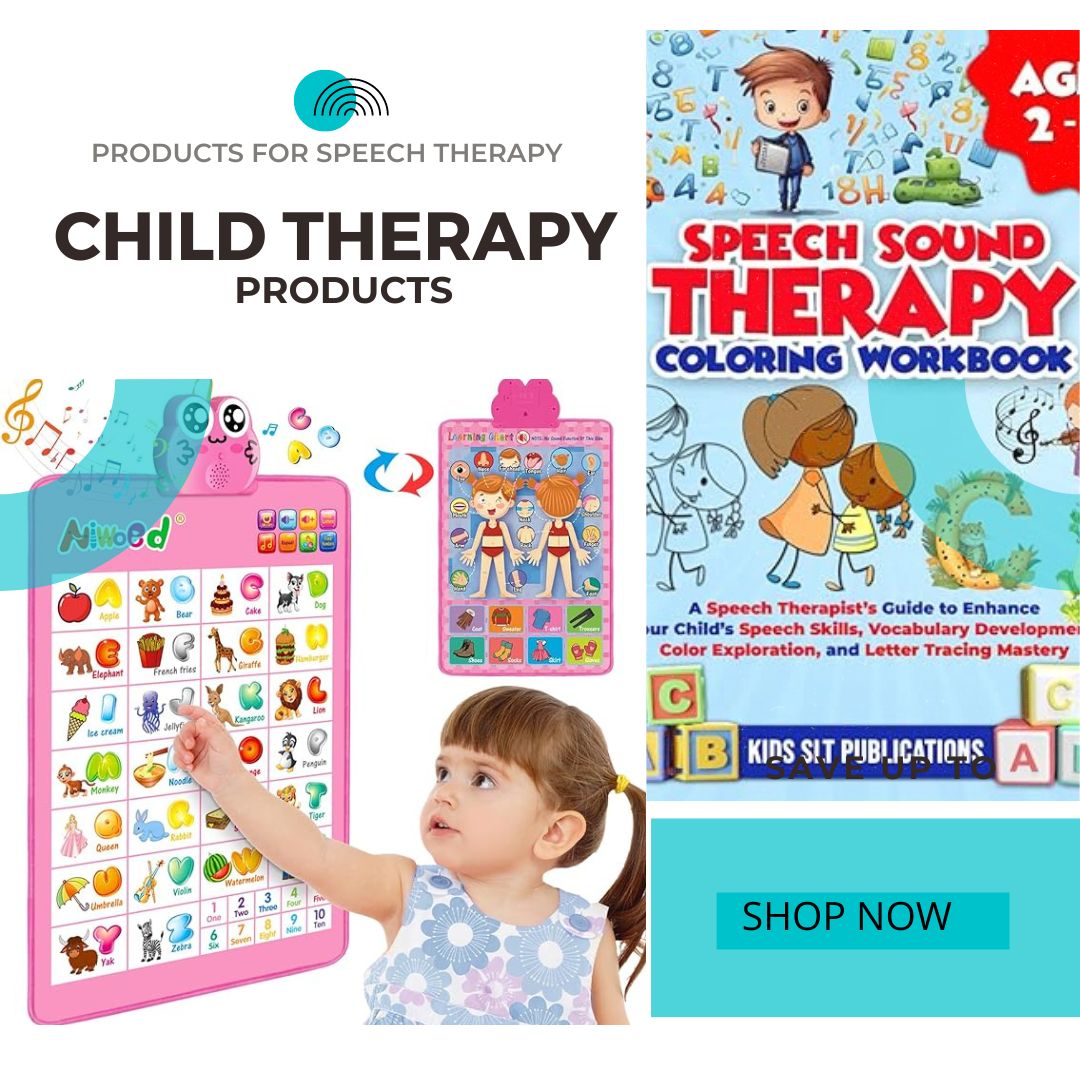Speech therapy is a specialized field of therapy that focuses on diagnosing and treating communication disorders in individuals of all ages. Speech and language are crucial skills that are essential for effective communication, and any disruptions or impairments in these areas can have a significant impact on an individual’s quality of life.
Speech-language pathologists (SLPs), commonly known as speech therapists, are trained professionals who assess, diagnose, and provide interventions to help individuals with communication disorders. Let’s explore some of the basic concepts of speech therapy.
Articulation
Articulation refers to the physical production of speech sounds. It involves the precise coordination of the speech muscles to produce clear and accurate speech. Articulation disorders can occur when an individual has difficulty pronouncing certain sounds or words correctly. Speech therapists use various techniques and exercises to help individuals improve their articulation skills, such as tongue and lip exercises, sound discrimination tasks, and repetition drills.
Language
Language is a complex system of communication that includes the use of words, sentences, and rules for social interaction. Language disorders can affect an individual’s ability to understand or use language effectively. There are different types of language disorders, including expressive language disorders (difficulty expressing thoughts, ideas, or needs) and receptive language disorders (difficulty understanding spoken or written language). Speech therapists use a variety of strategies, such as modeling, prompting, and language-building activities, to help individuals develop their language skills.
Fluency
Fluency refers to the smoothness and rhythm of speech. Fluency disorders, such as stuttering, can affect the flow of speech and may involve disruptions, repetitions, or prolongations of sounds or words. Speech therapists work with individuals who stutter to improve their speech fluency and develop strategies to manage stuttering, such as slow and smooth speech, breathing techniques, and relaxation exercises.
Voice
Voice refers to the pitch, volume, and quality of an individual’s vocal output. Voice disorders can result from various conditions, such as vocal nodules, vocal polyps, or vocal cord paralysis, and can affect an individual’s ability to produce a clear and audible voice. Speech therapists use techniques such as vocal hygiene, vocal exercises, and vocal relaxation techniques to help individuals improve their voice production and develop healthy vocal habits.
Pragmatics
Pragmatics refers to the social use of language and involves the appropriate use of language in different social contexts. Pragmatic disorders can affect an individual’s ability to understand and use nonverbal cues, turn-taking, maintaining eye contact, and understanding social norms in communication. Speech therapists work with individuals to improve their pragmatic skills by teaching social skills, perspective-taking, and using role-playing and social stories to practice real-life communication situations.
Augmentative and Alternative Communication (AAC)
AAC refers to the use of alternative methods of communication for individuals who have difficulty speaking or have limited speech abilities. AAC can involve the use of sign language, picture communication boards, or electronic devices that generate speech. Speech therapists assess, select, and implement AAC strategies and devices to help individuals with communication difficulties to communicate effectively and participate in social interactions.
Swallowing and Feeding
Speech therapists also play a crucial role in evaluating and treating swallowing and feeding disorders, which can occur in individuals of all ages, from infants to the elderly. Swallowing and feeding disorders can result from various medical conditions, such as stroke, traumatic brain injury, or oral motor difficulties. Speech therapists use swallowing assessments, diet modifications, and therapeutic interventions to improve swallowing and feeding abilities and ensure safe and effective oral intake.
In conclusion, speech therapy is a specialized field that addresses a wide range of communication disorders. Articulation, language, fluency, voice, pragmatics, AAC and swallowing and feeding are some of the basic concepts of speech therapy. Speech-language pathologists play a crucial role in assessing, diagnosing, and treating these communication disorders to help individuals improve their communication skills and enhance their overall quality of life.
Speech therapy typically involves a comprehensive assessment to identify the specific areas of difficulty and develop an individualized treatment plan. Treatment techniques may include a combination of direct therapy, counseling, education, and home practice activities. The ultimate goal of speech therapy is to help individuals communicate effectively, enhance their speech and language skills, and improve their overall communication abilities in various social, academic, and professional settings.




